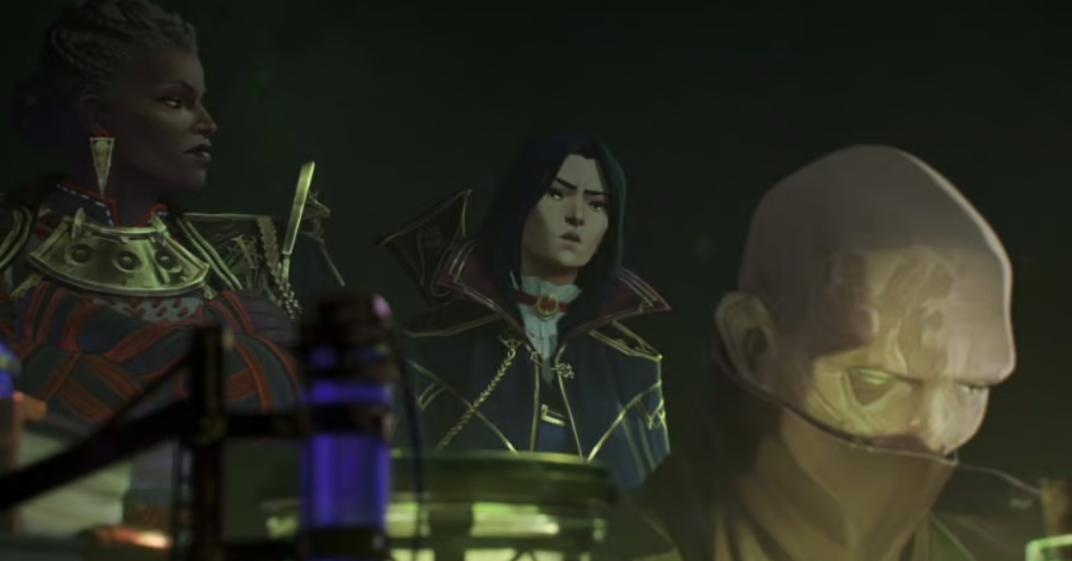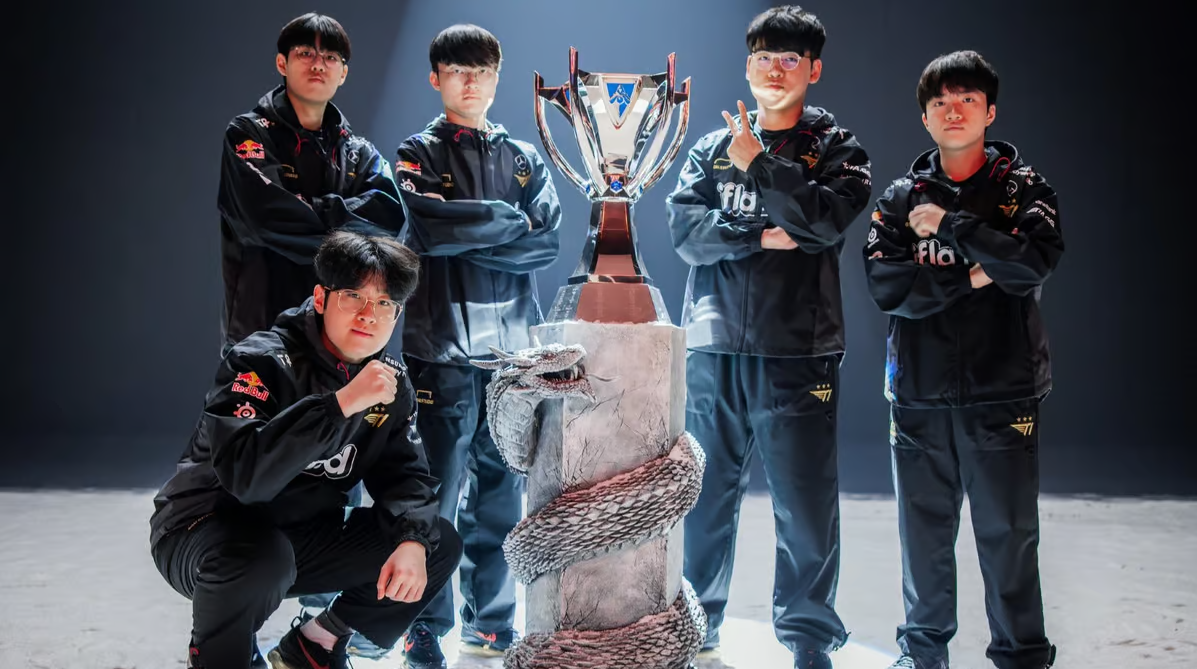Major Updates to Ranked LoL Games: Reach Diamond III and More Split 2 Changes in 2024!

Riot Games has announced significant changes to the League of Legends ranked system for the second split of 2024, starting with Patch 14.10. Players will now be able to immediately achieve the Diamond III rank after completing their placement matches, a step up from the previous cap at Emerald I. This adjustment aligns with a series of changes aimed at enhancing the competitive integrity and dynamics of the ranked gameplay experience. The adjustments Riot Games is implementing will provide players with a more rewarding and challenging ranked progression system in League of Legends. By allowing them to reach Diamond III directly after placements, the developers are seeking to foster a more engaging and competitive environment for the game’s dedicated player base. This move is part of a broader effort to refine the ranked system and ensure it better reflects the skill and dedication of the participants.
These changes come as part of Riot’s ongoing efforts to continually improve the League of Legends ranked experience. The previous Emerald I cap was seen by many as too restrictive, limiting the ability of skilled players to climb the ladder and be properly recognized for their abilities. The shift to Diamond III will offer a more accurate representation of player skill and likely lead to more competitive and high-stakes matches at the upper echelons of the ranked hierarchy. Additionally, Riot has indicated that this is just one component of a larger set of updates aimed at revitalizing the ranked experience. Other changes may include adjustments to the ranked points system, modifications to the matchmaking algorithms, and potential tweaks to the promotion and demotion mechanics. The goal is to create a more dynamic, challenging, and fulfilling ladder system that encourages players to push their limits and strive for greatness.
Major Updates in Ranked LoL Games
Riot Games has announced a comprehensive set of updates to the League of Legends ranked system, as outlined on their official website. In addition to the previously mentioned changes, the update also includes the removal of division protection, allowing players to move between ranks more fluidly. Now, upon demotion, players will receive 25, 50, or 75 League Points (LP) based on their current matchmaking rating (MMR). Furthermore, the “Master Duo” queue option will be available in most regions, only pausing upon reaching the Grandmaster rank. Another significant improvement highlighted by Riot is the reduction of negative LP gains, which have decreased by approximately 37%. The number of players experiencing negative LP gains has dropped dramatically, from nearly half of all players down to around 3%, and is now a rarity for most skill groups. Patch 14.10, scheduled for release on May 15th, will also include extensive item and rune changes, as well as a rework of the champion Corki. Additionally, Riot has decided to delay the introduction of LP carryover upon promotion to the next patch, 14.11. These updates underscore Riot’s commitment to continuously refine the player experience and maintain the competitive integrity of the League of Legends ranked system. The comprehensive nature of these changes demonstrates Riot’s dedication to providing a more rewarding and dynamic ranked ladder for League of Legends players. By addressing issues such as divisional protection, LP gains, and matchmaking, the developers are striving to create a system that better reflects the skill and progression of individual players. The upcoming Patch 14.10 will serve as a significant milestone in this ongoing effort to enhance the competitive landscape of the game. As players eagerly await the implementation of these changes, the League of Legends community can look forward to a more responsive, challenging, and satisfying ranked experience. Riot’s willingness to make bold adjustments, coupled with their commitment to solicit and incorporate player feedback, suggests a bright future for the game’s competitive ecosystem. One of the key aspects of the update is the removal of division protection, which has long been a point of contention among the player base. The previous system often felt restrictive, preventing skilled players from climbing the ladder and being properly recognized for their abilities. By eliminating this barrier, Riot is aiming to create a more dynamic and meritocratic ranked environment, where progress is directly tied to individual performance.
The reduction in negative LP gains is another significant change that addresses a common frustration among players. Historically, the punitive nature of the LP system has led to a sense of stagnation and demotivation for many. By mitigating the severity of LP losses, Riot hopes to foster a more forgiving and rewarding experience, encouraging players to take risks and strive for improvement without fear of being unduly penalized. The introduction of the “Master Duo” queue option is another intriguing development that could have far-reaching implications for the ranked ecosystem. By allowing players to team up at the highest levels of play, Riot is catering to the demand for more collaborative and strategic gameplay at the pinnacle of the ranked ladder. This change could lead to the emergence of new team-focused strategies and foster a greater sense of camaraderie among the game’s most dedicated competitors. Alongside these systemic adjustments, Riot’s commitment to ongoing balance changes and champion reworks further underscores their dedication to keeping the League of Legends experience fresh and engaging. The Corki rework, in particular, is sure to generate significant buzz within the community, as players eagerly anticipate how the iconic marksman will be reimagined and reintegrated into the game’s meta. While the delay of the LP carryover feature may disappoint some players, Riot’s decision to hold off on its implementation suggests a cautious and measured approach to implementing new systems. By taking the time to ensure the feature is fully tested and refined, the developers are demonstrating a commitment to quality over expediency, which is likely to be appreciated by the player base. Looking ahead, it will be fascinating to see how these wide-ranging changes to the League of Legends ranked system unfold. The combination of increased accessibility to higher ranks, more forgiving LP systems, and collaborative team-based gameplay could fundamentally alter the dynamics of competitive play. Skilled players may find themselves rising through the ranks more quickly, while those struggling with negative LP gains may discover a renewed sense of motivation and progress. Moreover, the broader implications of these updates could extend beyond the ranked ladder, potentially impacting the game’s esports ecosystem as well. With a more streamlined and responsive ranked system, the pathway to professional play may become more clearly defined, allowing aspiring players to more easily track their progress and identify areas for improvement. This, in turn, could lead to a more robust and diverse talent pool, driving up the overall level of competition and making the top tiers of play even more thrilling to watch.
Ultimately, Riot’s commitment to improving the League of Legends ranked experience demonstrates a deep understanding of their player base and a willingness to make bold, innovative changes. By addressing longstanding pain points and introducing exciting new features, the developers are positioning the game’s competitive landscape for a new era of growth and excitement. As the community eagerly awaits the implementation of these updates, the future of League of Legends ranked play looks brighter than ever.



